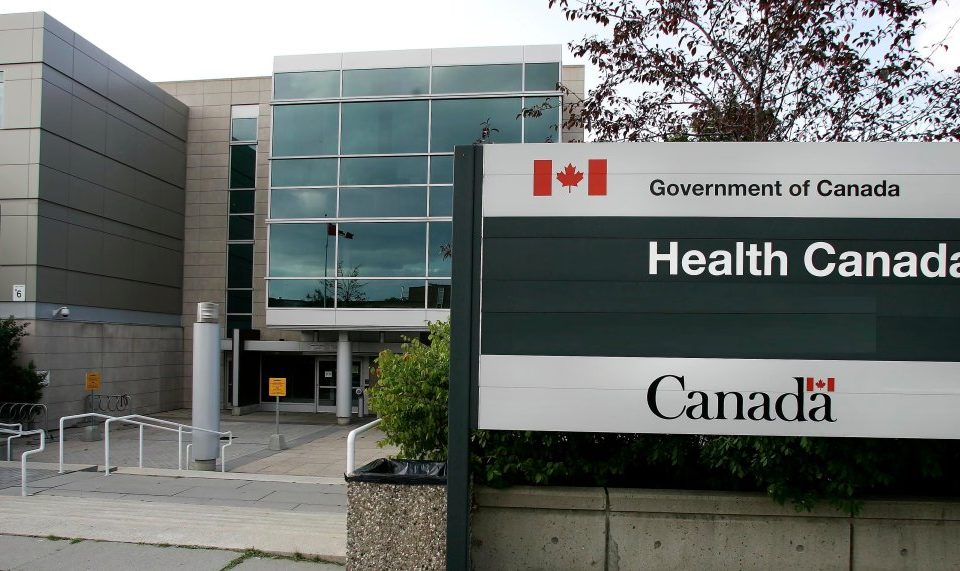Canadian scientists discover previously undisclosed SV40 DNA sequence in Pfizer’s COVID-19 vaccine

Health Canada has confirmed the presence of a Simian Virus 40 (SV40) DNA sequence in the Pfizer COVID-19 vaccine, which was not previously disclosed by the manufacturer during the filing process, The Epoch Times wrote in an exclusive report.
According to the health regulator, Pfizer failed to disclose the SV40 DNA sequence in its mRNA COVID-19 vaccine when it submitted the initial paperwork. The significance of this discovery is debated among scientists, with some suggesting that the DNA sequence may have the potential to cause cancer, while others argue that it poses minimal or no threat.
“Health Canada expects sponsors to identify any biologically functional DNA sequences within a plasmid (such as an SV40 enhancer) at the time of submission,” the agency said in an email to The Epoch Times.
In response to the situation, Health Canada stated that sponsors are expected to identify any biologically functional DNA sequences, such as an SV40 enhancer, when submitting their applications. Although Pfizer provided the full DNA sequence of the plasmid during the initial filing, it did not specifically identify the SV40 sequence, The Epoch Times reported.
The report also added that the discovery could potentially lead to a floodgate of lawsuits. “I think what we have here is willful misconduct,” Mat Staver, chairman of Liberty Counsel, told The Epoch Times.
“I can’t imagine that the FDA knew about this. There’s nothing in the FDA documents that would that I am aware of yet where they knew about this contaminant,” Mr. Staver said.
The regulator clarified that confirmation of the SV40 enhancer’s presence was possible after scientists Kevin McKernan and Dr. Phillip J. Buckhaults raised concerns publicly earlier in the year. They detected SV40 enhancers in the vaccines, expressing worries about potential alterations to the human genome. However, the two scientists differ in their levels of concern regarding the significance of the SV40 sequence in the vaccine manufacturing process.
McKernan, a former researcher at the Massachusetts Institute of Technology Human Genome Project, suspects that Pfizer did not disclose the SV40 DNA sequence due to its historical association with polio vaccines. While he acknowledges no evidence of the sequence being carcinogenic, he expresses concerns about its integration into the human genome.
SV40, an oncogenic DNA virus, was removed from polio vaccines in the late 1950s and early 1960s due to cancer concerns linked to its presence in monkey kidney cells used to grow the vaccine.
Dr. Buckhaults, a professor of cancer genomics, downplays concerns about the SV40 enhancers, emphasizing a small cancer hazard compared to other plasmid DNA components. He asserts that the SV40 sequence in the vaccine is not the cancer-causing SV40 large T antigen, which poses a more significant risk.
“It’s important for the public to realize that the SV40 sequence in the vaccine is NOT the cancer-causing SV40 large T antigen, which would be a very significant cancer risk,” Dr. Buckhaults told The Epoch Times via email.
“This little piece of DNA poses a much smaller but non-zero future cancer risk, same as all the other DNA sequences. Concern among regulators is appropriate, but panic among the public is not appropriate (and indeed harmful).”
However, Dr. Patrick Provost, a professor in the Department of Microbiology at Laval University, raises concerns about the possible integration of SV40 enhancers into the vaccine recipient’s DNA.
“All it takes is a single integration at the wrong place in a single cell to initiate a cancerous process and kill a person,” he said.
He emphasizes the risk of a single integration at the wrong place in a cell initiating a cancerous process. Dr. Provost also points out that the SV40 enhancer might persist in the final product if the plasmid DNA is not adequately degraded and warns about the encapsulation of contaminating DNA fragments in lipid nanoparticles, potentially making established contamination thresholds irrelevant.
Meanwhile, Pfizer and BioNTech have yet to respond to comment requests. However, Warner Mendenhall, another American lawyer, said on a recent call that legal professionals are considering adopting a different approach in their discussions.
“The latest conversation that we’ve been talking about … is whether we have access right now, at least for some people, to prove battery,” he said.




